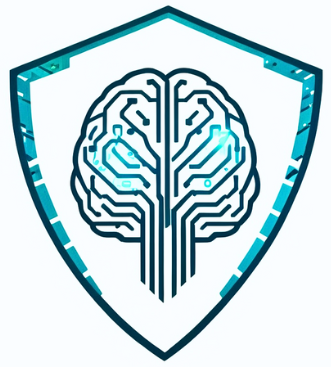Understanding Cybersecurity for Everyone
Cybersecurity is a pressing concern for individuals across the globe, regardless of their technical background. In an increasingly digital world, understanding the fundamentals of cybersecurity is essential for everyone to safeguard personal and financial information. The rise of the internet has led to a parallel increase in online threats, including phishing scams, malware, and identity theft, which pose a significant risk to everyday users.
Phishing scams are particularly insidious, as they often involve deceptive emails or messages that trick individuals into revealing sensitive information, such as passwords or credit card numbers. These scams can be sophisticated and may appear to come from legitimate sources, making it vital for users to remain vigilant. Malware, on the other hand, encompasses various software designed to harm or exploit devices, stealing personal data or disrupting operations. This can occur through seemingly innocuous downloads or compromised websites, and thus an awareness of safe browsing practices is crucial for users of all ages.
Identity theft represents another alarming threat within the realm of cybersecurity. Individuals may not realize that their personal information could be unlawfully accessed or used for fraudulent purposes. Small businesses and families, in particular, must prioritize understanding these risks, as they may not have the resources or knowledge to protect themselves adequately. Through education, individuals can learn to identify and mitigate these threats, fostering a more secure online environment.
Having a basic understanding of cybersecurity principles is paramount. Knowledge serves as the first line of defense, empowering individuals to recognize potential threats and adopt protective measures. Simple practices, such as creating strong passwords, using two-factor authentication, and keeping software updated, can significantly reduce vulnerabilities. By educating themselves about cybersecurity, individuals can take proactive steps to shield themselves from the common threats that pervade the digital landscape.
Practical Tips for Staying Safe Online
In the ever-evolving landscape of the digital world, implementing effective cybersecurity practices is crucial for safeguarding personal information. One of the foundational steps in enhancing online safety is creating strong passwords. A robust password should contain a mix of upper and lower case letters, numbers, and special characters. It is advisable to avoid easily guessable options such as birthdays or common phrases. Beyond this, utilizing a password manager can effectively assist in generating and storing complex passwords securely.
Another essential security measure is enabling two-factor authentication (2FA) on all accounts that offer it. This additional layer of security requires users to provide a second form of verification, such as a code sent to their mobile device, thus significantly reducing the risk of unauthorized access. This proactive step in safeguarding one’s accounts is particularly important given the ubiquitous nature of cyber threats today.
Recognizing suspicious communications is equally critical. Users should be vigilant when encountering unsolicited emails or messages, particularly those requesting personal information. Phishing attempts can often disguise themselves as legitimate sources, so scrutinizing the sender’s address and looking for strange language or suspicious links can be beneficial in avoiding these traps.
Beyond these practices, various tools are available to help users monitor their online presence and protect their data. Consider utilizing services that alert individuals in the event their information appears in data breaches, as well as VPNs to secure internet connections, especially on public networks. By implementing these strategies, individuals can cultivate a more secure online experience, thereby empowering themselves to navigate the digital landscape confidently. Prioritizing online safety is not just a personal responsibility; it is a vital aspect of 21st-century living.
